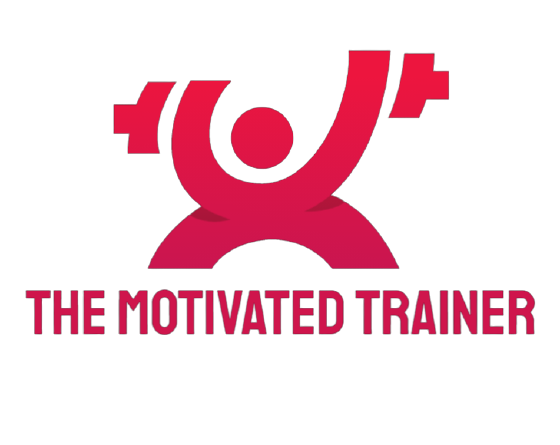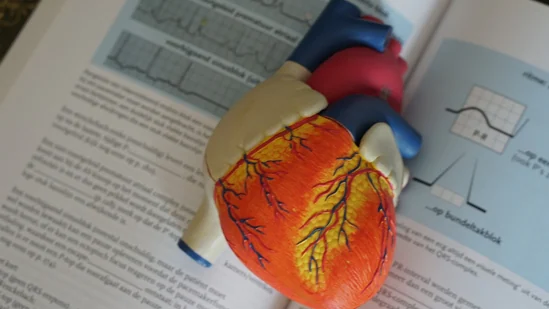World Heart Day, which falls on September 29, is celebrated annually to spread awareness about the importance of keeping the heart fit as it’s one of the most important organs that deliver oxygen and nutrients to cells and also removes waste products. Any sign of heart trouble should be taken seriously as it is linked to one’s longevity and survival.
In wake of the current Covid pandemic, as people manoeuvre through this paradigm shift involving the new normal, it’s vital that people stay calm collectively and make a conscious effort to balance work and life. Hence, it’s important to eat right and come to terms with your health, lifestyle and take care of your heart.
This World Heart Day, doctors at Fortis Healthcare have called for maintaining a balanced lifestyle, and in light of the pandemic, they urged the public, particularly the youth, to take care of their heart health, get regular screenings and not ignore any significant symptoms.
As the world struggles to fight Covid-19, cardiovascular disease (CVD) remains the world’s number one killer, and an estimated 17.9 million people died from CVDs in 2016, representing 31 per cent of all global deaths. Of these deaths, 85 per cent were due to heart attack and stroke. In 2016, India reported 63 per cent of total deaths due to NCDs, of which 27 per cent were attributed to CVDs. CVDs also account for 45 per cent of deaths in the 40-69-year age group.
Speaking about the importance of a healthy lifestyle, Dr Ajay Kaul, Chairman Cardiac Sciences Fortis Hospital Noida said, “It is imperative to maintain a balanced lifestyle. Eat properly and ensure that the exercise you are doing is suitable for your body. The official guideline says that a person should exercise for 45 minutes a day five times a week. However, many youngsters tend to suffer from ‘exercise-induced cardiomyopathy or ‘exercise-induced arrhythmogenic cardiomyopathy, a condition in which there is cardiac muscle dysfunction that leads to heart failure.”
Talking about youngsters, he continued, “In addition to this, many consume processed protein or health supplements that are filled with steroids. These steroids cause the muscles to break and weaken the heart. Also, diet if not balanced can cause heart attacks. Too much protein causes a load on the kidneys, leading to high blood pressure which can lead to a heart attack. An excess of carbohydrates and fat leads to an excess of glucose metabolism, which causes the arteries to get blocked thereby leading to a heart attack.”
Dr Kaul further added to this and said, “On the flipside, young people are working long hours, are stressed out and tired, not sleeping well, not eating at the right time, filling themselves with caffeine and sugar to get through the day, relying on cigarettes to help manage their stress. Their day includes little or no exercise. They keep piling on the weight thinking that they will have enough time to address it later. They also do not go for regular screenings or annual checkups. As a result, they remain oblivious to what is going on inside their bodies. They also take their youth for advantage, thinking that nothing can happen to them as they are young. All this eventually leads to a delay in diagnosis which can often be fatal.”
Cardiovascular diseases (CVDs) are the leading cause of death globally, taking an estimated 17.9 million lives each year.
Dr Sanjay Kumar, Director and Head Department of Cardiology, Fortis Escorts Hospital, Faridabad, spoke on the subject and said “Looking fit or going to the gym does not establish the fact someone is healthy. There are multiple factors like lifestyle disorders, lack or more of physical activity, stressful life, lack of sleep, alcohol consumption, smoking, consuming excess supplements over-exercising may lead to heart attacks. Some ailments are also considered as major risk factors for heart attacks or cardiac arrests including diabetes, bad cholesterol, obesity, hypertension, etc.”
“Any symptom like chest pain or chest discomfort, unexplained fatigue, racing or slow heartbeat, shortness of breath, light-headedness, dizziness, fainting (syncope), or near fainting – should be taken seriously and medical attention is required without any delay,” he added, urging people to take their cardiovascular health seriously.
World Heart Day simply just repeats the need to protect your own heart and share healthy habits with family and friends to protect their hearts too. The day can be promoted by organising health checks, fitness sessions, public talks, or through posters, leaflets, brochures and other methods.
Also, it is the perfect day to pledge about improving health, make lifestyle changes, get exercising and start eating healthy.












